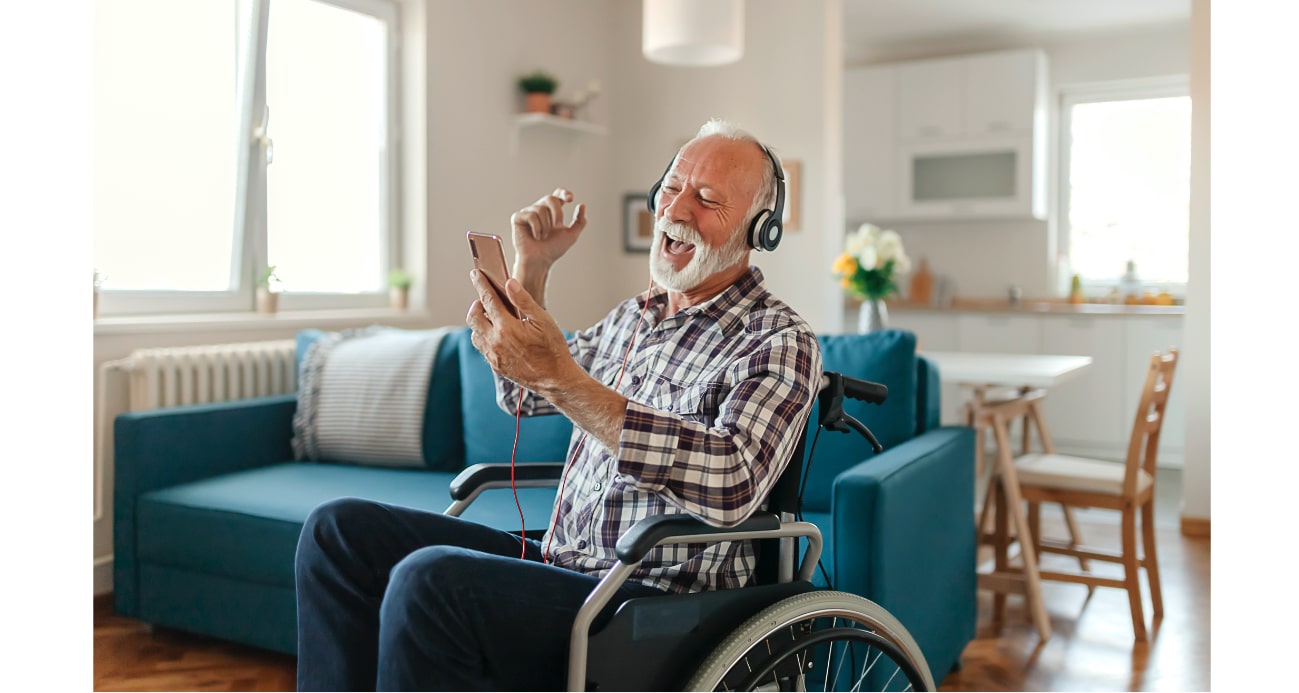November is National Hospice and Palliative Care Month
Hospice has come a long way since it was first introduced in England and Ireland in the 19th century, and since its modern inception in England by Dr. Cicely Saunders in 1967. The compassionate and care-focused approach of hospice has benefited millions of terminally ill patients and their families. However, the practice of hospice is largely unfamiliar outside of the medical community and people with firsthand experience with hospice.
There are many misconceptions about hospice. One of these is the mistaken belief that hospice is designed to speed up the dying process. It is necessary for a doctor to determine that he/she believes that a patient has 6 months or less to live. However, it is common for people who have been put on hospice to do better than they would otherwise. Under hospice programs, patients receive the focused care of physicians, RN’s, social workers, CNA’s/caregivers and volunteers. At SYNERGY HomeCare, we have had a number of clients graduate off hospice after their condition improved.
It used to be true that most people spent their last days in a hospital or care institution. However, with hospice, patients and their families can decide where they receive care. Approximately 60% of people on hospice receive hospice care at home. And a large percentage of the remainder receive care at independent and assisted living residences.
Hospice used to be synonymous with terminal cancer. However, any terminal condition or advanced illness, as diagnosed by a doctor, can lead to a hospice recommendation. Some of the most common conditions associated with hospice are Alzheimer’s/dementia, heart disease, amyotrophic lateral sclerosis (ALS), stroke, coma, and cancer.
Many people believe that once a person is put on hospice, all medical care is withheld. This is incorrect. Once put on hospice, it is true that medical care designed to treat the illness or condition associated with the hospice determination is withheld. However, minor ailments could still be treated. Most people on hospice have a DNR, but a family has the right to intervene in an emergency situation. It is important for patients and their families to discuss these issues with the hospice provider at the initiation of hospice.
In 1982, the U.S. Congress initiated a Medicare benefit for hospice which became permanent in 1986. This provides for Medicare coverage of most direct hospice services. This greatly reduces the financial burden of families. While most hospices are Medicare-certified, it is advisable to discuss potential costs with the hospice you choose to work with.
Many patients and their families decide to contact a hospice near the very end of life, often the last few days or weeks. While it is very difficult to accept the potential death of a loved one, this can actually be detrimental. Hospice provides many benefits to both the patient and their family. In the case of the patient, the primary goal of hospice is pain management. Engaging a hospice earlier allows for medical practitioners to better understand the patient’s pain threshold and to manage their care over time as their situation changes. Bringing on hospice care earlier also helps the patient and their family with the additional support of social workers, RN’s, CNA’s/caregivers, and chaplains. Hospices can arrange for beneficial equipment such as a hospital bed. The staff can also provide respite care for family members; end of life situations can be both emotionally and physically draining.
At SYNERGY HomeCare, our administrative staff and our caregivers/CNA’s have experience working with clients on hospice. We can help coordinate care with Tucson-area hospices. Our caregivers/CNA’s have experience providing the personal care required for people on hospice – bathing, dressing, feeding, transfer assistance, and toileting. They also provide the compassionate personal attention so necessary at this time of life. Our staff also makes it easy for family members and friends to take the respite care they require.

